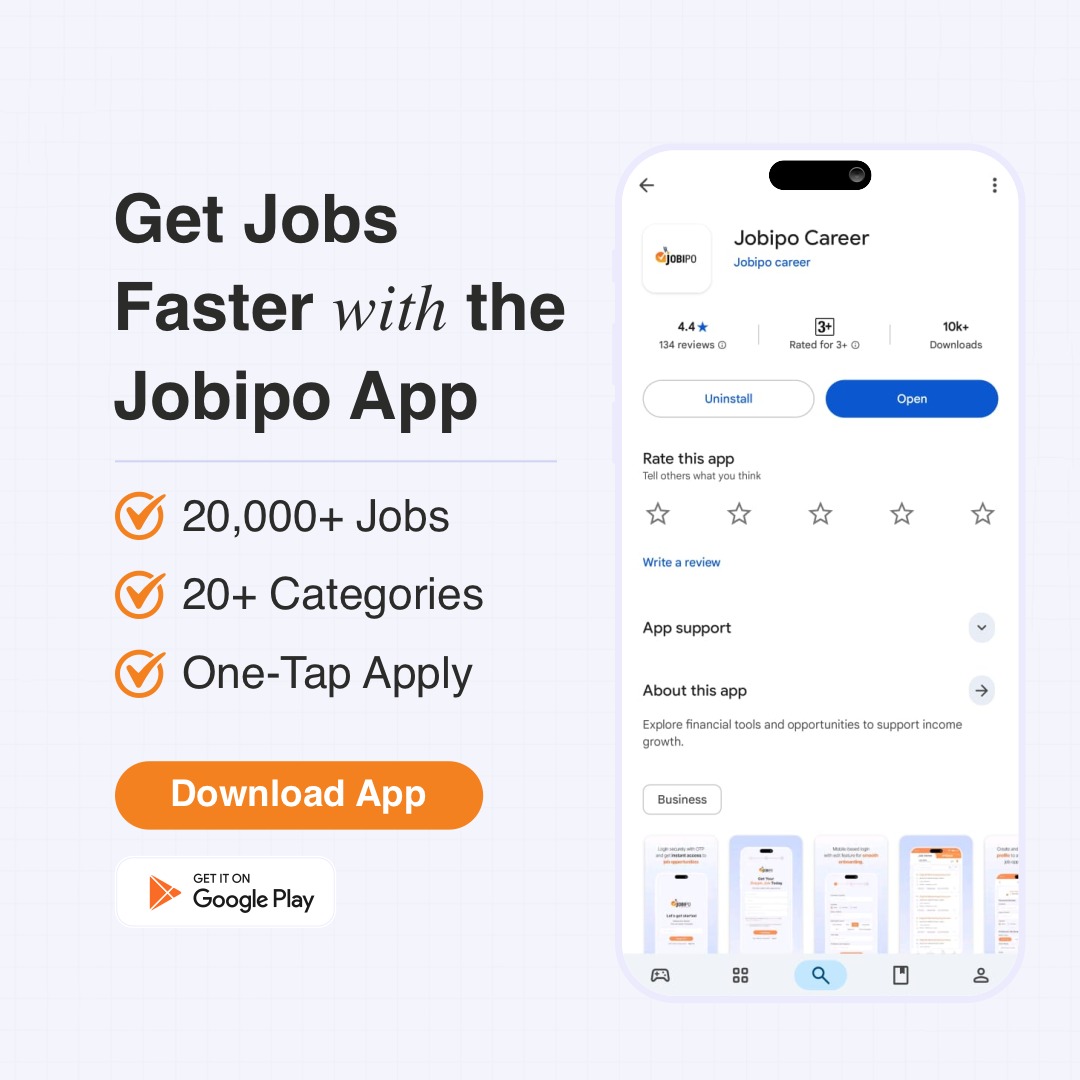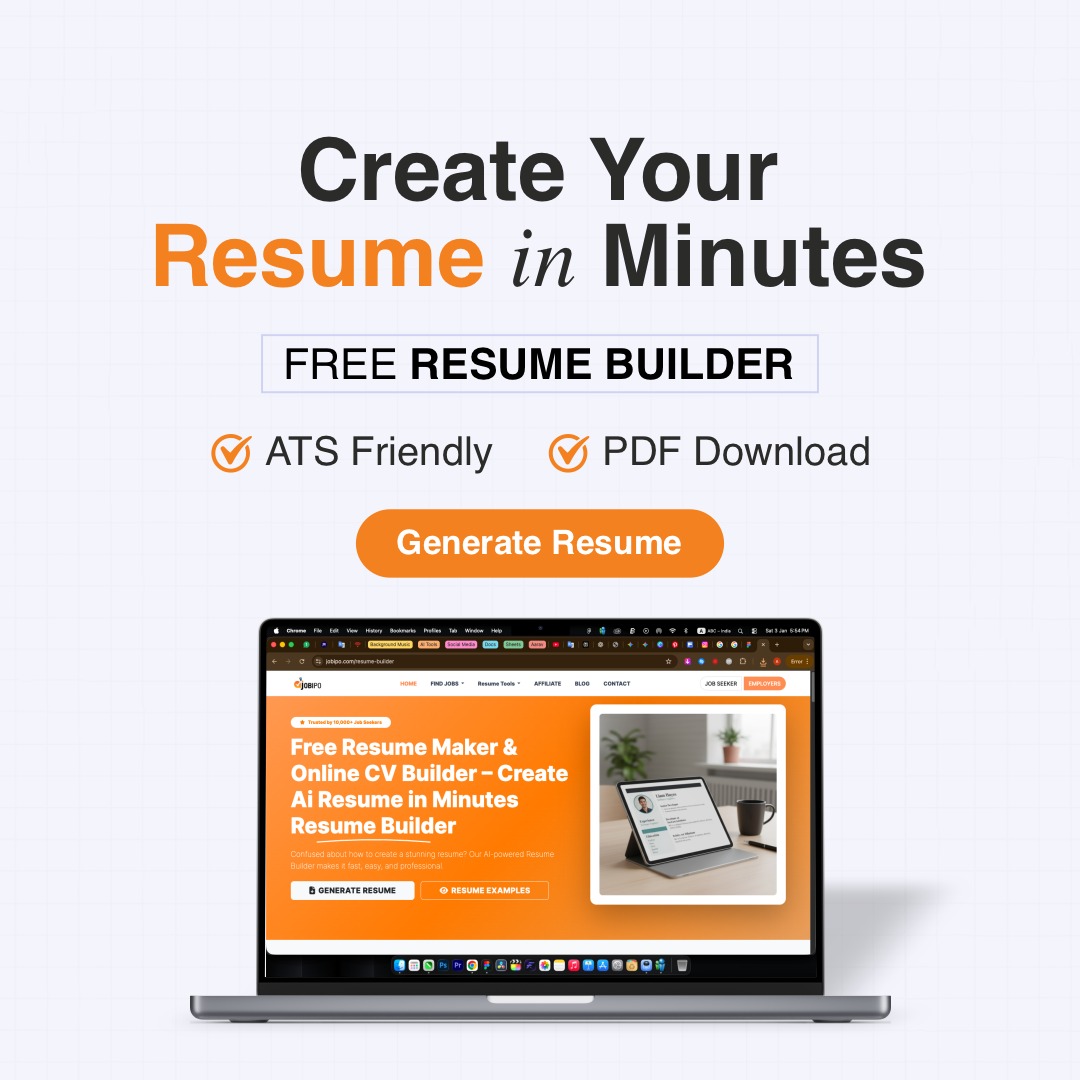Sometimes it happens that you have applied for jobs but never got any response. If that’s the case, then you are not the only one. Studies show that nearly 70-80% of job applications never receive any response. For all the job seekers, this silence can be heartbreaking and discouraging, which sometimes leads to one of the worst setbacks of their careers. Even after spending hours tailoring a resume and writing a cover letter, being ignored feels like rejection without any explanation.
But here’s the truth behind this- most resumes aren’t rejected because candidates are unqualified. They’re ignored because they didn’t grab attention or even make it past the automated filters. The hiring process has become more competitive and technology-driven, and understanding how it works can help in increasing the chances of getting noticed.
In this blog, we will help you identify the reasons why so many job applications get ignored and share practical steps to ensure that your resume stands out among the crowd.
Why Job Applications Get Ignored
There are some reasons that job applications get ignored by recruiters.
1. Applicant Tracking Systems Filter Out Resumes
Most of the medium and large companies now use Applicant Tracking Systems to manage job applications. Instead of a recruiter going through each and every resume, ATS scans applications for specific keywords and formats. If your resume doesn’t match the job description closely enough, it might never reach human eyes.
For Example: If the job description mentions “project management” but your resume only says “managed tasks” without using the right keywords, the system might roll you out.
Tip: Always use the keywords mentioned in the job description naturally in your resume.
2. General Resumes are Less Impactful
Recruiters can immediately identify a one-size-fits-all resume. Sending the same general resume to every company shows a lack of effort. Employers want candidates who have taken the time to tailor their application according to the company’s needs.
A common resume makes it hard to highlight your specific capabilities to the recruiter and makes it difficult for them to identify if you are fit for their specific role.
3. Weak or Missing Cover Letters
While not all recruiters read cover letters, many do, especially when they have to decide between similar candidates. A missing or poorly written cover letter is a missed opportunity to show your personality, motivation and your capability to do the particular role.
4. Poor Formatting and Presentation
Your resume may have great content, but if it’s not formatted properly, too long or too hard to read, then recruiters won’t spend time on it. Remember, reports say that a recruiter spends less than 7 seconds on an initial scan.
Common mistakes:
- Using fancy fonts that ATS can’t read.
- Including graphics that don’t load.
- Long paragraphs instead of bullet points.
- Typos and grammatical errors.
5. Applying Without Meeting Basic Requirements
It’s appealing to apply for jobs even if you don’t meet the qualifications, but applying to roles far outside of your skills wastes time and lowers your chance to get selected. Recruiters notice when candidates apply for everything, and it reduces their credibility.
6. Bad Timing
Sometimes applications get ignored simply because of timing. If a position has already received hundreds of applicants, your resume may get buried. Or the role may be put on hold without notice.
7. Failure to Show Measurable Impact
Saying “responsible for managing a team” might sound unrealistic. Instead, saying “led a team of eight people and improved project delivery speed by 20%” is specific and impressive.
Recruiters want proof of your contributions, not just vague claims.
How to Avoid Being Ignored:
1. Tailor Every Application
Read the job description carefully and adjust your resume for each role. Highlight relevant skills and experiences, and mirror the language in the posting. This will increase your chance of passing ATS and catching a recruiter’s eye.
Tip: Keep a ‘master resume’ with all your experiences. Then create shorter and customized version for each application.
2. Make your Resume Applicant Tracking Systems-friendly
- Use standard headings like “work experience” and “Education”.
- Avoid images, tables and graphics that confuse ATS.
- Include the keywords from the job description properly.
- Save your resume as a Word doc or PDF.
3. Write an impressive Personalised Cover Letter
Even if it’s optional, always include a cover letter. It will help you showcase your skills and explain why you’re interested in the company. Keep it short, clear and focused.
Structure of a winning cover letter:
- Intro: Who are you and why are you applying?
- Middle: Key skills or experiences that match the role.
- Closing: Call to action.
4. Focus on Results, Not Just Responsibilities
Recruiters want to see outcomes. Instead of listing tasks, highlight what you have achieved.
Weak: Handled customer complaints.
Strong: Resolved 95% of customer complaints on first contact.
5. Keep it Short and Professional
- Don’t make a five-page-long resume; instead, keep it short to 1-2 pages.
- Avoid using paragraphs; instead, use bullet points.
- Avoid errors proofread twice.
6. Apply according to Strategy, not Everywhere
Don’t apply for every role. Instead, focus on applying for roles that match your skills. Because quality matters more than quantity.
7. Network Beyond the Resume
Sometimes the best way to avoid being ignored is to bypass the resume pile altogether using your networks and connections. Networking can give you a direct way by putting your name directly in front of the hiring managers.
Ways to network effectively:
- Connect with the recruiters on LinkedIn.
- Attend industry events and webinars.
- Ask for referrals from people in your network.
8. Follow Up the Right Way
If you haven’t heard back even after a week or two, it’s OK to send polite emails for follow-up. Keep it short and professional. Express your interest and ask if they need any additional information.
Conclusion
Most job applications don’t get ignored because candidates are unqualified; they get ignored because of a small but critical mistake. From missing keywords and weak cover letters to poor formatting and lack of measurable results, these errors make it easy for a resume to miss the opportunity.
The good news is that you can avoid this luck. By tailoring your application, optimising for ATS, focusing on achievements, and optimising use of networking, you can easily increase the chance of landing interviews.
Remember, job searching is not about sending out hundreds of applications and hoping for results. It’s about sending the right applications to the roles that truly match your skills and goals. Do that consistently, and you will no longer wonder why your applications got ignored because you’ll be preparing for your next interview.













Comments